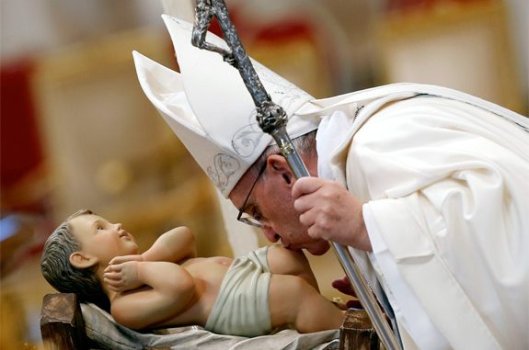Eternally Grateful
Well-Known Member
This does not prove your case my friendI've already done the work to prove my position, which is that Joseph, Simon, James, and Judas (Jude/Thaddeus) were the sons of Joseph's brother, Alphaeus, and his wife Mary of Cleophas (Clopas/Alphaeus), and thus were in fact Jesus's brothers, as in kinsmen, specifically cousins.
However, that doesn't guarantee you'll accept the Truth, and you don't, so I'm going to try a different approach, and have you try to show there's "more to support" that Jesus's brothers Joseph, Simon, James, and Judas (Jude/Thaddeus) were His siblings, verse by verse.
See your homework below:
Note: The words "ἀδελφός" (sing. adelphos; pl. ἀδελφοὶ adelphoi) and "αδελφαι" (sing. adelphē; pl. αδελφαι adelphai), or "brother" and "sister" in English, have multiple definitions, e.g., "fellow-countryman", "disciple/follower", "one of the same faith", and "a near kinsman, or relative", etc. Additionally, the word "ἀδελφός" (sing. adelphos; pl. ἀδελφοὶ adelphoi) in the plural regularly refers to men and women.
(i) "Is this not the carpenter’s son? Is His mother not called Mary, and His brothers, James, Joseph, Simon, and Judas? 56 And His sisters, are they not all with us?" (Matt. 13:55-56)
Is this not the carpenter, the son of Mary and brother of James, Joses, Judas, and Simon? And are His sisters not here with us?” (Mk. 6:3-4)
Matt. 13:55 and Mk. 6:3 are two accounts of the same scene. We agree the definition that applies to the words "ἀδελφοί" (pl. ἀδελφοὶ adelphoi) and "αδελφαι" (pl. αδελφαι adelphai) in Matt. 13:55-56/Mk. 6:3-4 is "a near kinsman, or relative", but a male/female kinsman/relative can be a sibling, cousin, nephew, niece, uncle, or aunt, etc., and the words themselves don't indicate which type of kinship applies. What evidence do you have, if any, that shows the type of kinship that applies to Jesus's brothers and sisters here is siblings?
(ii) "While He was still speaking to the crowds, behold, His mother and brothers were standing outside, seeking to speak to Him". (Matt. 12:46)
"Then His mother and His brothers came..." (Mk. 3:31)
"Now His mother and brothers came to Him..." (Lk. 8:19)
Matt. 12:46, Mk. 3:31, and Lk. 8:19 are three accounts of the same scene, and the word used in each is "ἀδελφοί" (pl. ἀδελφοὶ adelphoi) or "brothers" in English. What evidence do you have, if any, that shows the definition "a near kinsman, or relative" applies here; that the type of kinship that applies here is siblings; and that those brothers were specifically some or all of Jesus's male brothers named in Matt. 13:55/Mk. 6:3, and which ones?
(iii) "For not even His brothers believed in Him". (Jn. 7:5)
What evidence do you have, if any, that shows the definition "a near kinsman, or relative" applies here; that the type of kinship that applies here is siblings; and that those brothers were specifically some or all of Jesus's male brothers named in Matt. 13:55/Mk. 6:3, and which ones?
(iv) "All these were continually devoting themselves with one mind to prayer, along with the women, and Mary the mother of Jesus, and with His brothers". (Ac. 1:14)
What evidence do you have, if any, that shows the definition "a near kinsman, or relative" applies here; that the type of kinship that applies here is siblings; and that the brothers here were specifically some or all of Jesus's male brothers named in Matt. 13:55/Mk. 6:3, and which ones?
(v) "But I did not see another one of the apostles except James, the Lord’s brother". (Gal. 1:19)
The James called Jesus's brother in Gal. 1:19 is also called an apostle in that same verse, and there's only two apostles named "James": James of Zebedee and James of Alphaeus. Therefore, how could this James be the sibling of Jesus?
Or, do you refuse to address i-v above and show there's "more to support" that Jesus's brothers Joseph, Simon, James, and Judas (Jude/Thaddeus) were His siblings?
stop saying it does..
at best. It proves you MAY be right
Just because you MAY be right, does not mean you ARE right.
once again,, you do not understand how to argue without being pushy.. stop saying you have proven something when you have not..



